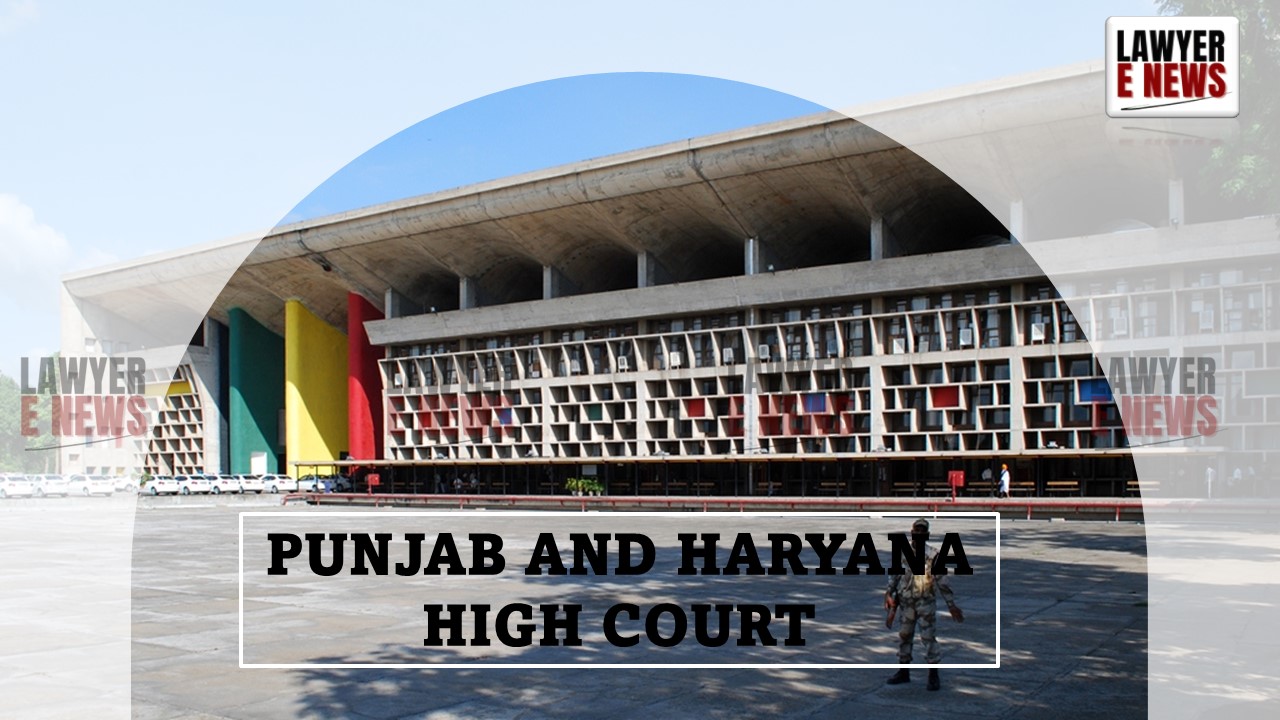-
by Admin
15 February 2026 5:35 AM



Punjab and Haryana High Court in Jivtesh Sethi v. State of Punjab granted bail to the appellant, Jivtesh Sethi, accused under the Unlawful Activities (Prevention) Act, 1967 (UAPA). The court highlighted the appellant’s prolonged pre-trial detention of over two years and ruled that the delay infringed upon his right to personal liberty under Article 21 of the Constitution of India.
Jivtesh Sethi was arrested in November 2021 in connection with an explosion outside an office building in Nawanshahr, Punjab. He was charged with transporting tiffin bombs and explosives, based on the statement of a co-accused, Kuldeep Kumar @ Sunny. Sethi had been in custody for over two years at the time of his bail application, with only 12 out of 50 prosecution witnesses examined.
Prolonged Pre-Trial Detention: The court noted that the appellant had been in custody for more than two years, while the trial’s conclusion was not in sight. The delay in concluding the trial violated Sethi’s right to a speedy trial under Article 21.
Lack of Sufficient Evidence: The court found that the evidence against Sethi was based solely on the statement of the co-accused. No incriminating material, such as arms or explosives, was recovered from the appellant, and there were no dubious financial transactions connecting him to the crime.
Balancing Liberty with National Security: While acknowledging the stringent conditions for granting bail under UAPA, the court emphasized that the accused’s right to liberty could not be ignored, especially in the absence of compelling evidence. The court cited Supreme Court rulings, affirming that long incarceration, without trial, violates the fundamental rights of the accused.
The High Court allowed the appeal, setting aside the trial court’s order and granting bail to Jivtesh Sethi, subject to strict conditions. These included furnishing a bond of ₹1 lakh, surrendering his passport, regular appearances before the trial court and police, and refraining from any criminal activity.
This ruling underscores the importance of upholding the constitutional right to a speedy trial, even in cases involving serious charges under UAPA. The court balanced the need for national security with the accused’s right to personal liberty.
Date of Decision: October 3, 2024
Jivtesh Sethi v. State of Punjab.
